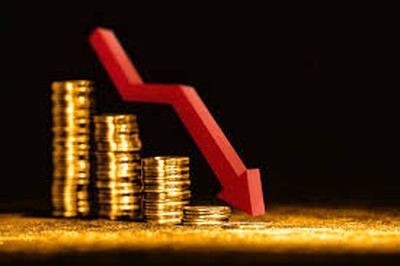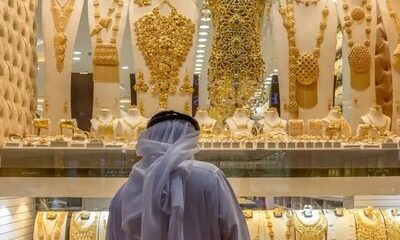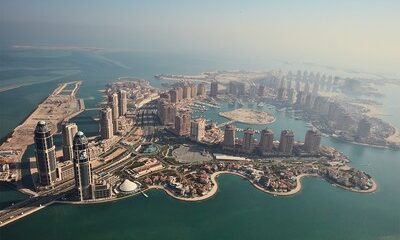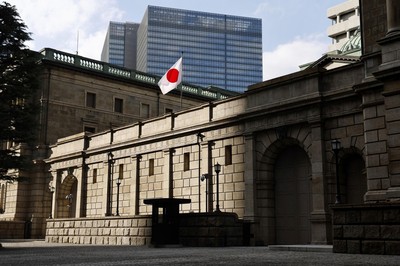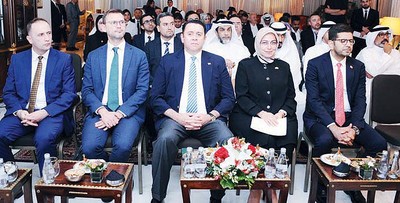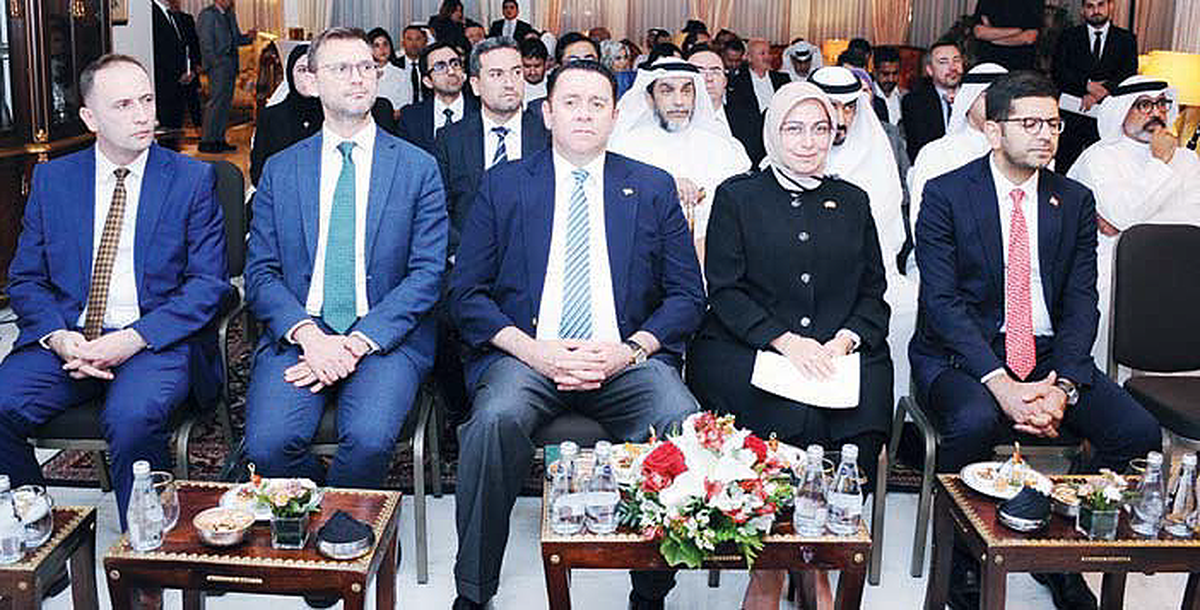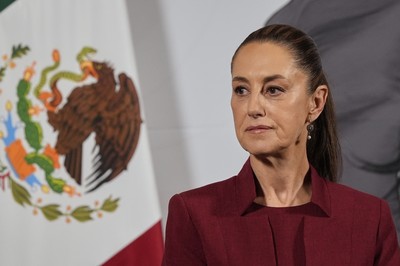KUWAIT CITY, July 27: Global gold prices closed last week with a notable decline, falling to USD 3,337 per ounce, as ongoing economic and geopolitical developments continued to pressure the precious metal. This marks the third straight week of losses, erasing gains achieved in previous weeks.
According to a report released on Sunday by Kuwait’s Dar Alsabaek Company, the continued drop in gold prices is largely attributed to improving U.S. economic data and a strengthening dollar index. Additionally, a decline in geopolitical risks has diminished gold’s traditional role as a safe-haven asset.
Gold futures for August delivery settled at USD 3,335.6 per ounce, reflecting a weekly loss of USD 37.9, or approximately 1.12 percent. Spot prices also fell by 1.12 percent on a daily basis.
The report noted that gold trading last week was marked by high volatility. Prices climbed on Monday and Tuesday, peaking at a weekly high of USD 3,433 per ounce. However, the upward momentum quickly reversed, with prices gradually falling to a low of USD 3,325 by Friday afternoon, influenced by a series of economic and financial updates.
One of the key pressure points on gold was the improvement in U.S. labor market data. Unemployment claims fell for the sixth consecutive week—the longest streak since 2022—bolstering optimism about the strength of the U.S. economy and boosting investor confidence.
Despite a 9.6 percent decline in durable goods orders in June — largely driven by a 22.4 percent drop in aircraft orders — core orders excluding transportation rose by 0.2 percent. This reflected ongoing stability in underlying investment activity.
The U.S. dollar index climbed to 97.68 points, rebounding from two-week lows, supported by falling U.S. Treasury yields. The yield on 10-year Treasury bonds dipped to 4.386 percent, while real yields dropped to 1.936 percent. Still, these declines were not enough to halt gold’s downward trend, as higher real yields and a stronger dollar made gold less attractive compared to other investment instruments.
Improved global market sentiment further contributed to the slide in gold prices. Positive developments in trade talks between the United States and the European Union, as well as a new trade agreement signed with Japan, have boosted risk appetite.
Additionally, easing geopolitical tensions in key regions, including Iran and parts of Asia, have lessened investor demand for gold as a hedge. The report noted that no significant military or political escalations occurred over the past week, further reducing gold’s safe-haven appeal.
Looking ahead, the global markets are closely watching the upcoming U.S. Federal Reserve decision, scheduled for next Tuesday. Futures contracts suggest the Fed may keep interest rates steady within the current range of 4.25 percent to 4.50 percent.
In Kuwait, domestic gold prices mirrored global fluctuations. The price of 24-karat gold reached approximately KD 32.830 per gram, while 22-karat gold was priced at about KD 30.100 per gram. Meanwhile, the price of silver stood at KD 419 per kilogram.

 Latest News22 hours ago
Latest News22 hours ago
 Politics8 hours ago
Politics8 hours ago
 Business15 hours ago
Business15 hours ago
 Latest News15 hours ago
Latest News15 hours ago
 Latest News13 hours ago
Latest News13 hours ago
 Latest News6 hours ago
Latest News6 hours ago
 Politics5 hours ago
Politics5 hours ago
 Latest News5 hours ago
Latest News5 hours ago
